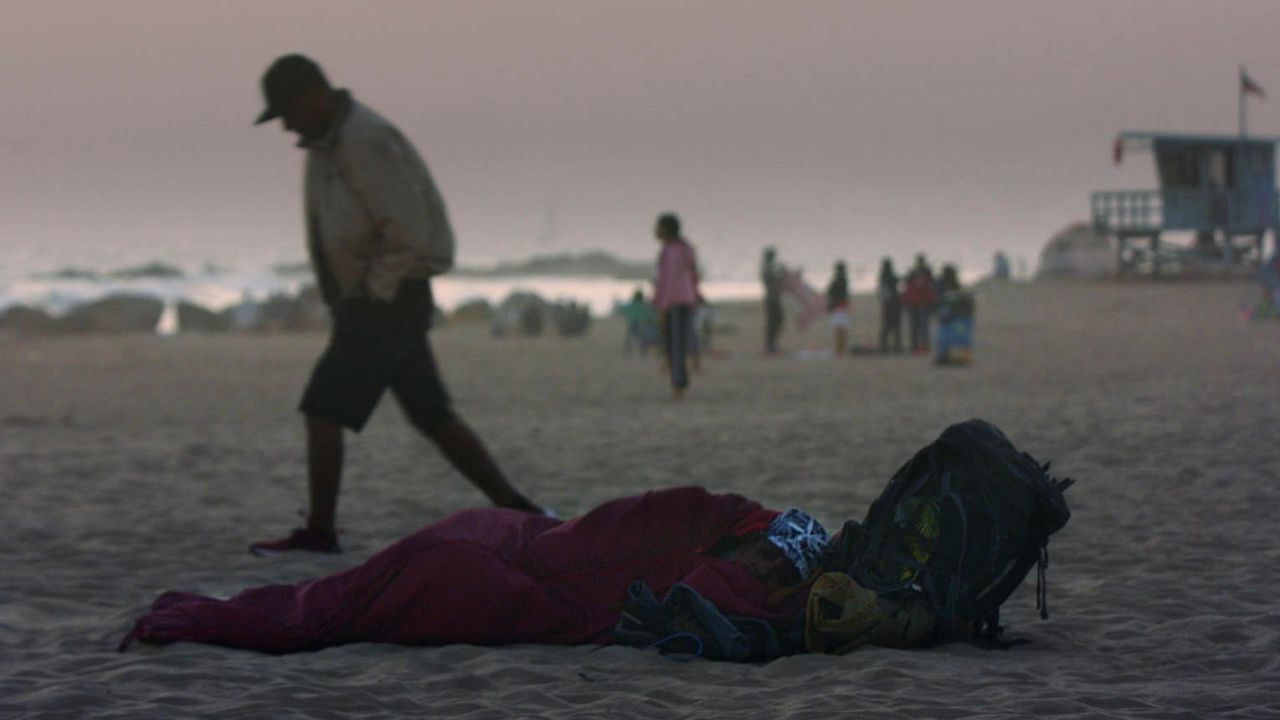LOS ANGELES — Whether it’s bodybuilders working out at Muscle Beach or skateboarders ripping along the boardwalk, Venice has long been prized as an enclave for surfside free spirits. But more recently, it’s also become ground zero in an increasingly heated battle over homelessness, housing affordability and who is able to live there.
“Affordable housing, this crisis, is one of the most urgent humanitarian issues of our time,” Colin K. Gray said Thursday night at the LA premiere of his documentary, “Unzipped: An Autopsy of American Inequality.” “We see it all around us in LA, and we wanted to somehow try to humanize all these statistics and divisive rhetoric and center on the lived experience of several families who are struggling to survive in iconic and increasingly income-divided Venice, California.”
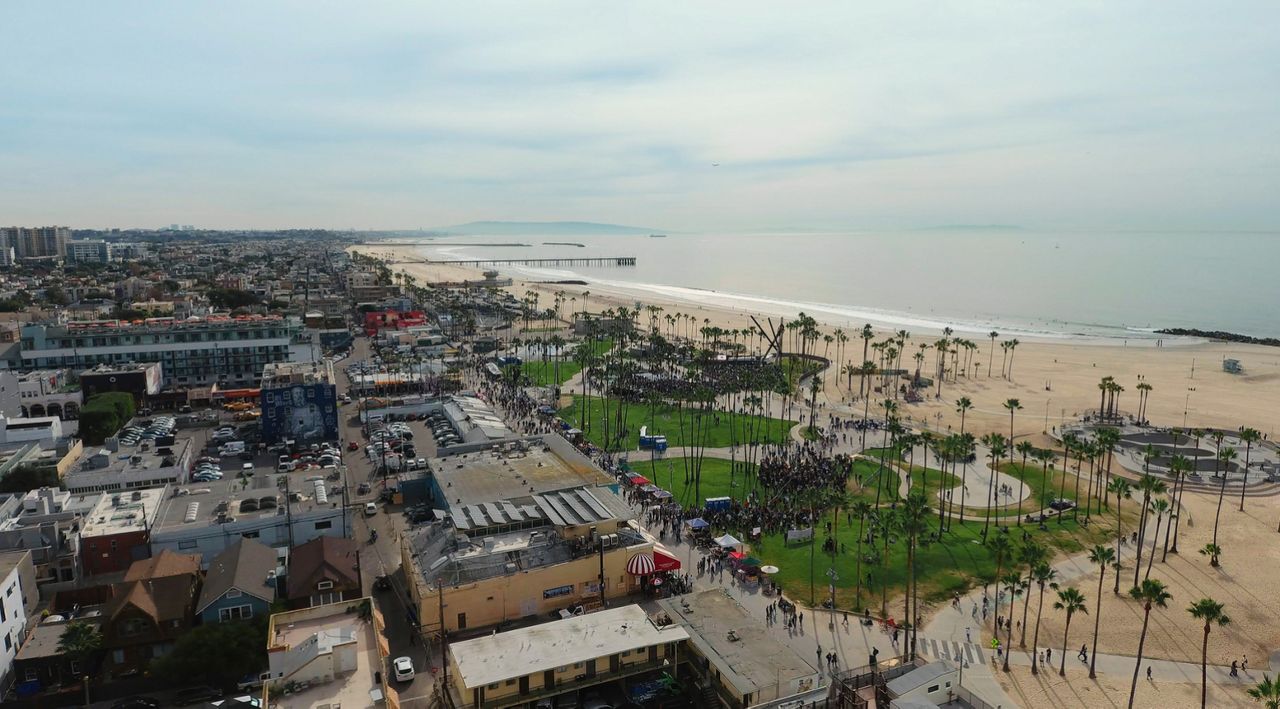
“Unzipped” peels back the curtain on the housing crisis in Venice zip code 90291 — a three-square-mile area with 40,000 inhabitants, 1,000 of whom sleep outside every night. Beginning with a pristine view of an idealized Venice — the rolling waves of the Pacific Ocean crashing against the sand — the film then cuts to the current reality of the beachside neighborhood that exemplifies the most extreme income inequality in the country.
An ambitious and insightful film, “Unzipped” covers all angles of an issue Angelenos describe as the city’s No. 1 problem: homelessness. The filmmakers interview community activists, health care providers, NIMBYs and people living on the street. They speak with historians, business owners, long-time residents, architects, housing experts, doctors, artists, politicians and policy makers, including former LA Council members Mike Bonin and Mark Ridley-Thomas and former LA Mayor Eric Garcetti, who distilled the problem to its essence.
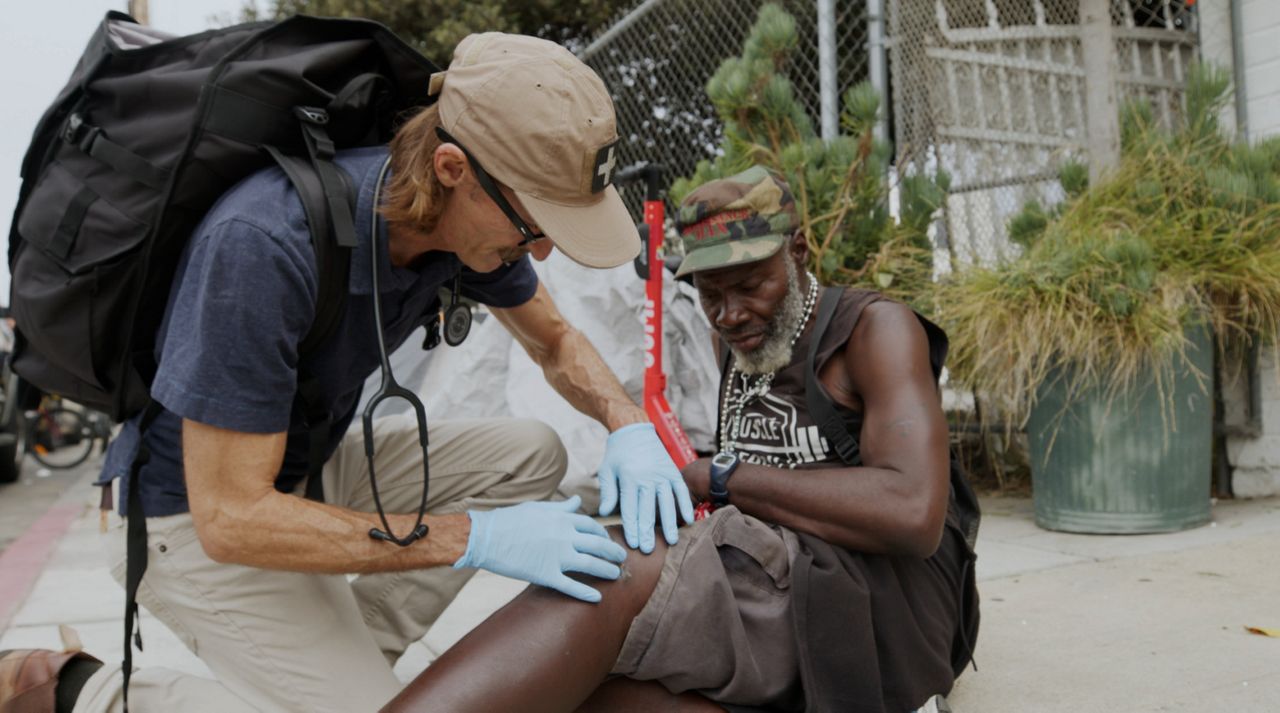
Homelessness, he said, is a result of trauma meeting high rent. That trauma takes many forms. One homeless woman interviewed in the film says her mother sold her for drugs when she was an infant. Another woman talks about losing her first-born child. Several subjects spoke openly about their drug use. But whatever the issue, they all ran into the Venice housing market where the average rent for a one-bedroom apartment is $3,906, according to the apartment listing website RentCafe.
As its through line, “Unzipped” focuses on the trials and tribulations of two homeless families: one black, one white — each with three young children. One couple, DeShawn and Nikol, met on Venice beach, started a family and spent two months living outdoors.
At the start of the film, they spend their days making art on the Venice boardwalk and their nights sleeping in a tent on a nearby sidewalk. The film tracks them as they work with homeless service providers to find temporary housing in a motel, then permanent Section 8 housing, while also trying to find jobs and feed their children.
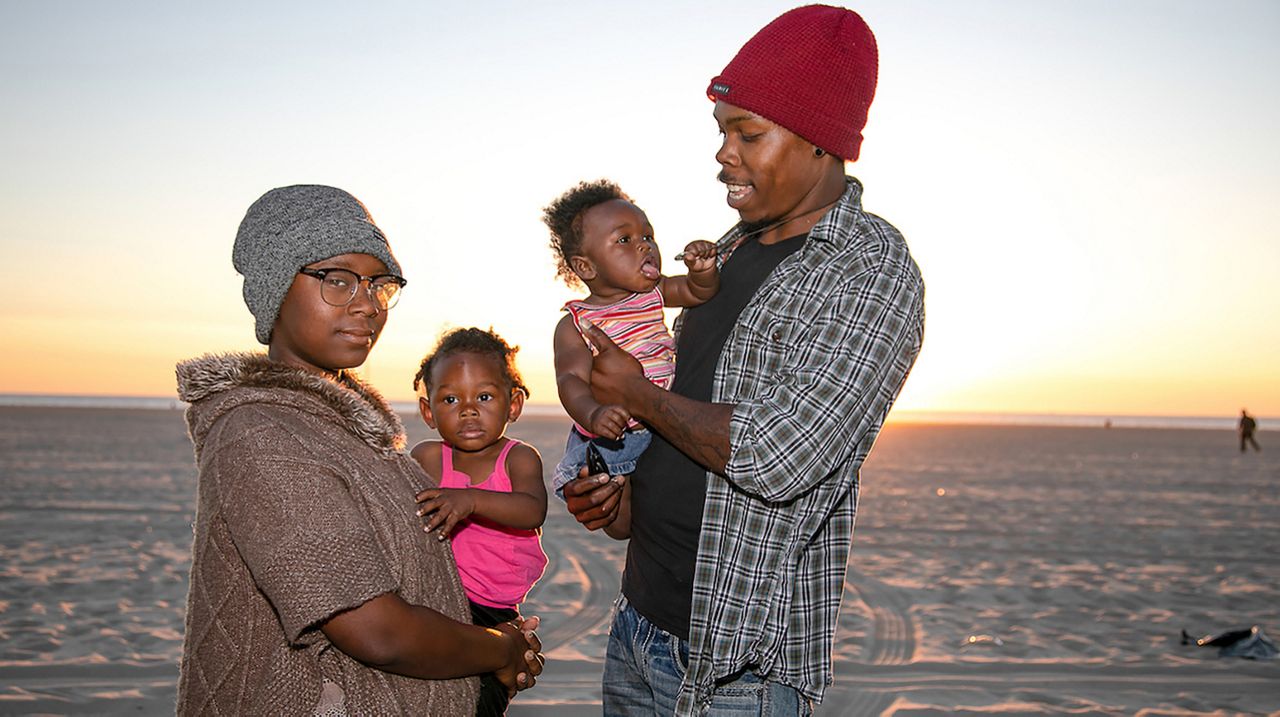
DeShawn and Nikol are among the lucky 50% who were able to find housing before their housing voucher expired — one of several unnerving statistics the documentary presents as it attempts to untangle the complicated factors that have led to the growing housing crisis.
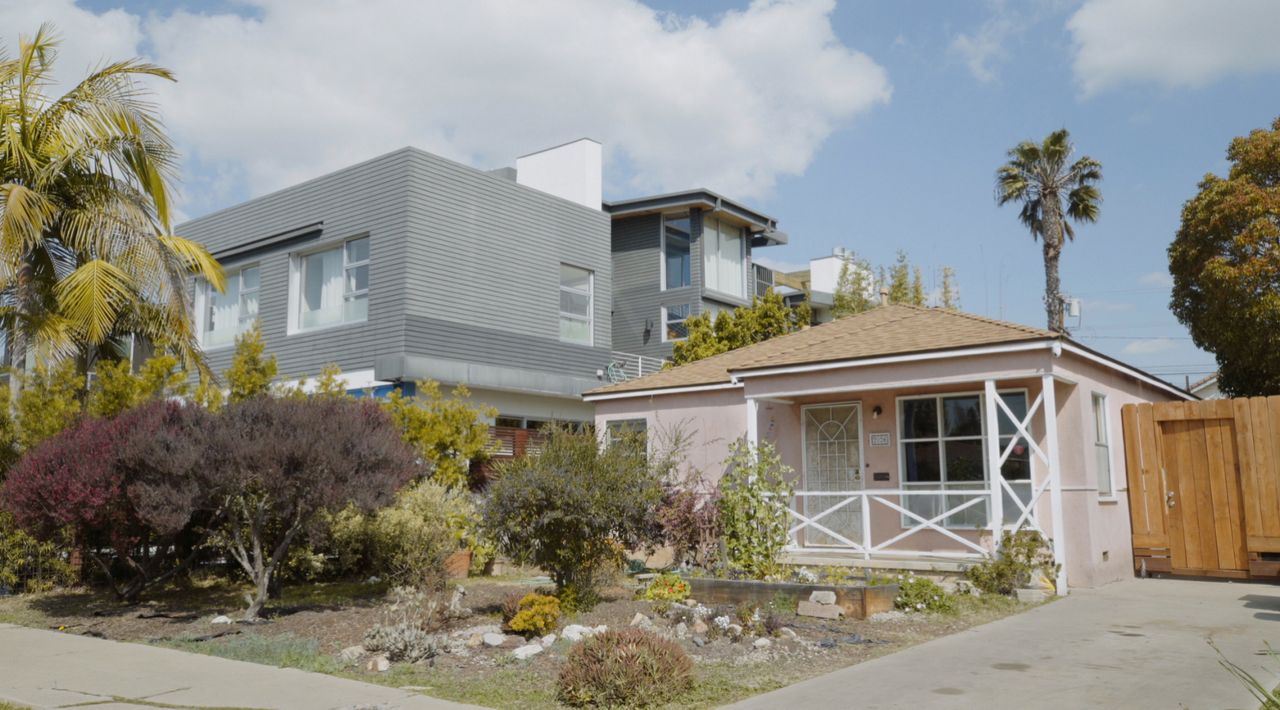
Los Angeles is short 500,000 affordable housing units. Average real estate values in Venice have swelled from $200,000 in 1996 to $2.1 million in 2019. By the film’s end, the 1,000 people who were sleeping on Venice’s streets every night just a few years earlier had doubled to 2,000.
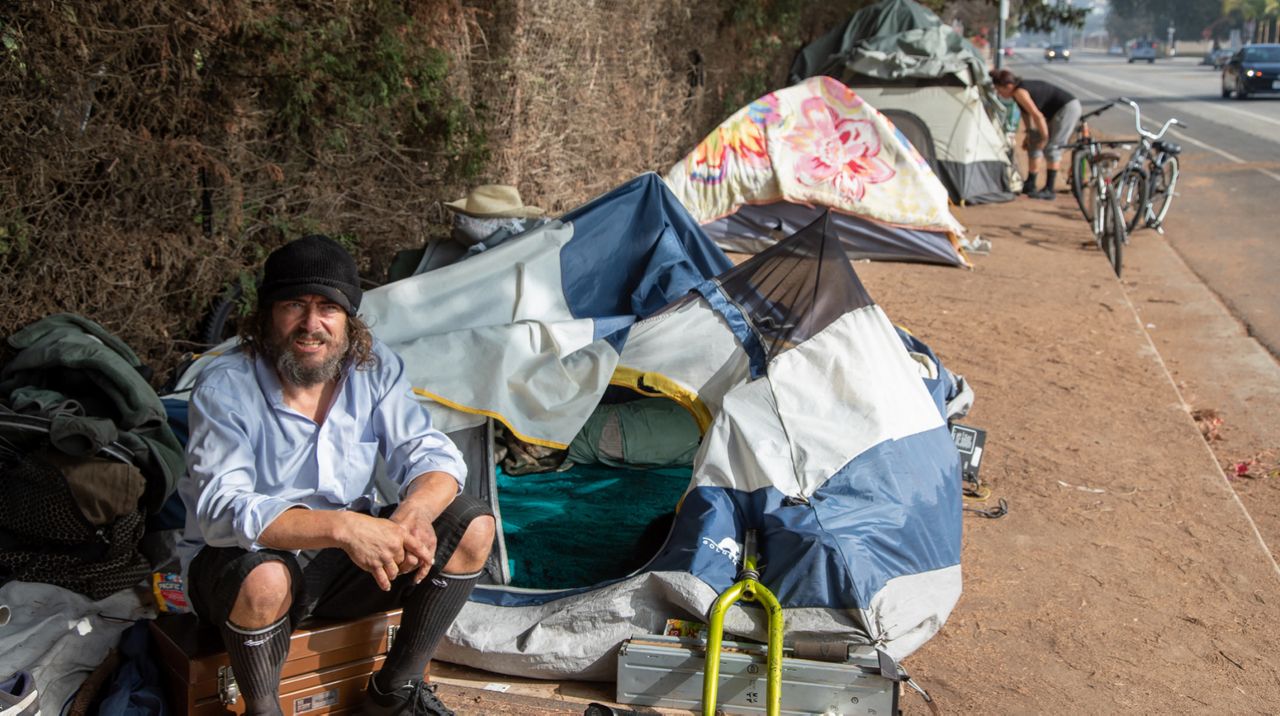
“The housing crisis may seem overwhelming and insurmountable,” Gray said before the film’s LA premiere at the Hollywood Legion. The documentary, which had a one-week theatrical run at Laemmle Santa Monica earlier this spring, is now available on Amazon, Tubi and other streaming platforms.
“There are amazing groups finding and delivering solutions, and we really hope that you are galvanized to reevaluate what we prioritize as a society … and support this growing movement to enshrine housing as a human right,” he added. “This is not just a Venice issue, a Los Angeles issue, a California issue. ‘Unzipped’ is a lens on this growing national and international issue.”
In addition to the film, the creators of “Unzipped” have put together an affordable housing “impact hub” called #RaiseTheRoof. A one-stop shop for people affected by homelessness and those who’d like to help, the website presents a list of housing solutions that are working in various communities throughout the U.S. It also showcases ways for people to get involved through volunteer work and even to buy some of the artwork created by the homeless individuals featured in the film.



